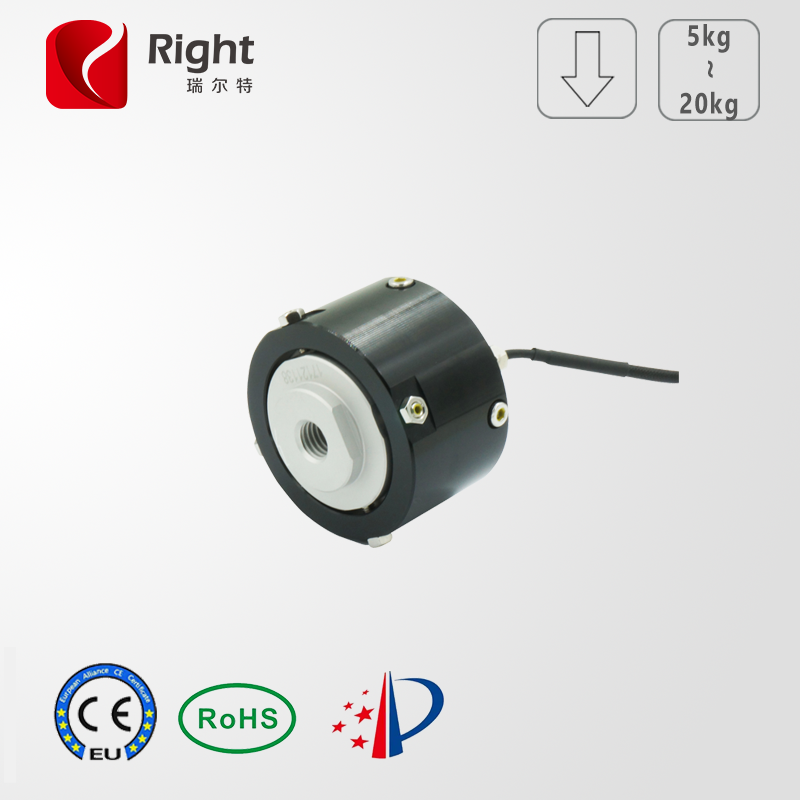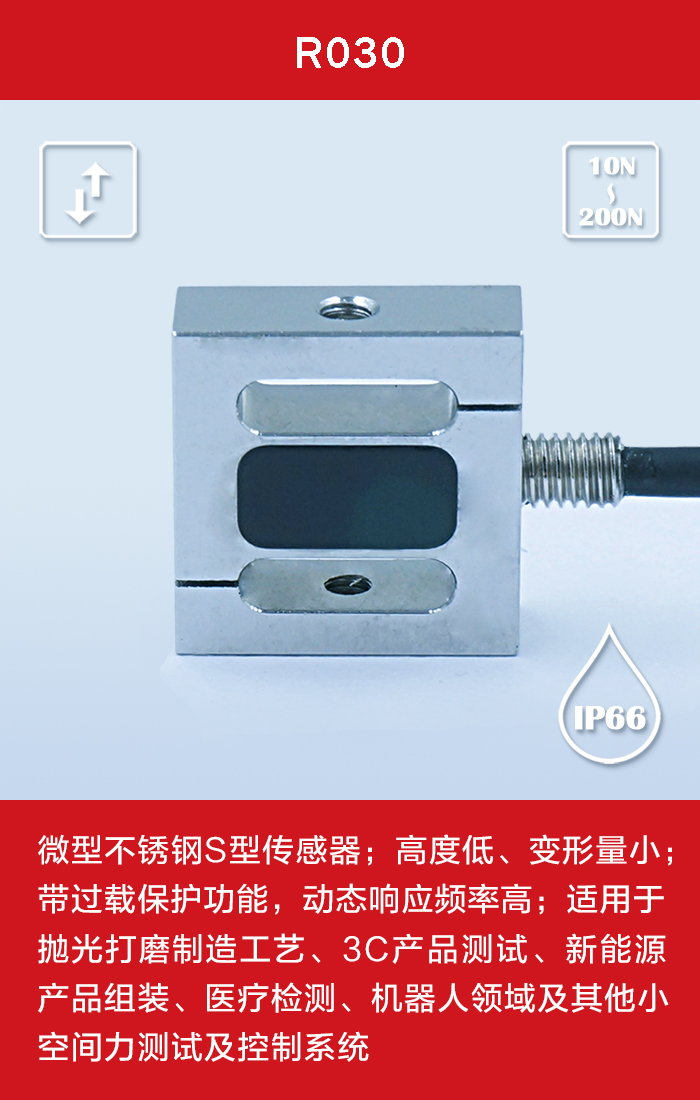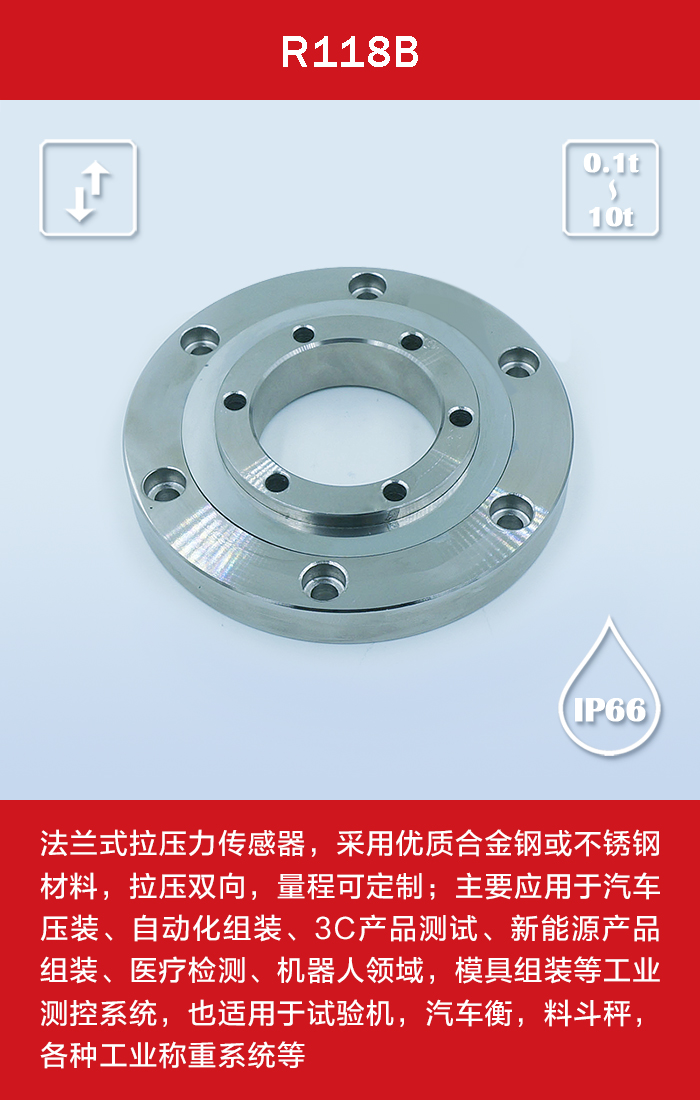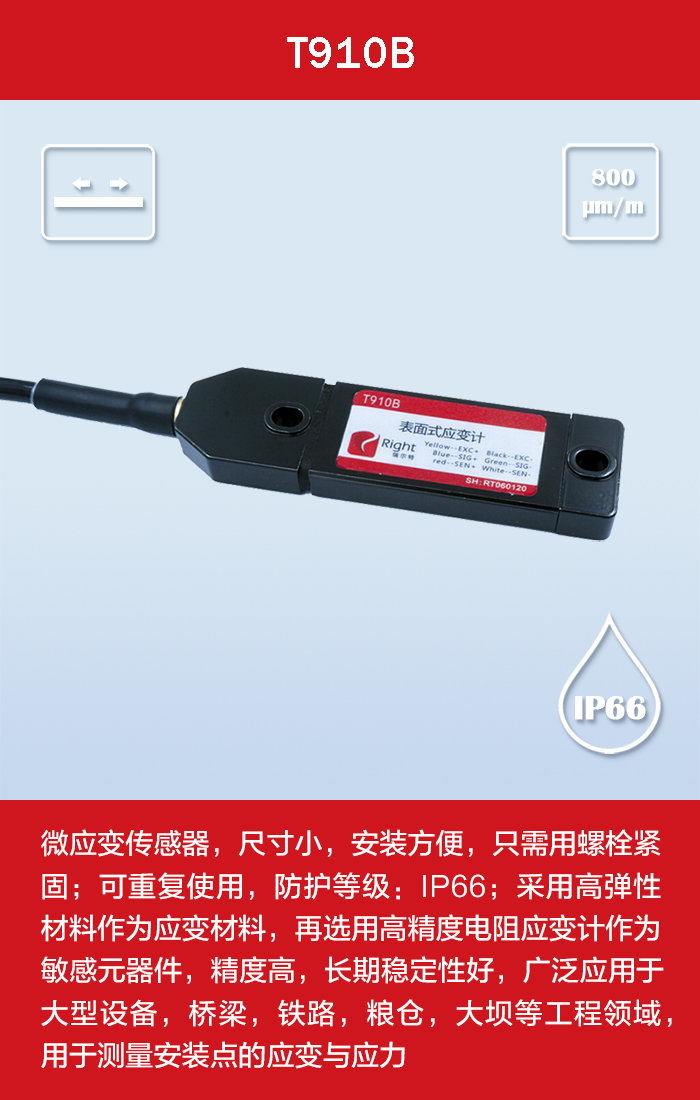NEWS
Focus on Right, share the wonderful moments of enterprises and exhibitions, popularize product technical knowledge, and answer frequently asked questions
News Center
How to select a dynamic torque sensor
- Categories:Technical knowledge
- Time of issue:2019-12-25 17:30
(Summary description)Torque sensors are divided into two categories: dynamic torque sensors and static torque sensors, which are used for the detection of torsional torque perception on various rotating or non-rotating mechanical components. Before selecting a torque sensor, you first need to have a general judgement of the torque to be measured, static torque sensors are only suitable for application in static, non-continuous rotating torque force measurement. For torque measurements where the speed is too fast or the rotation exceeds the 360 degree range, only dynamic torque sensors can be selected. There is also the issue that the price difference between static and dynamic torque sensors is significant, so if a static torque sensor can be used to measure a torque value, the preferred option is a static torque sensor.
How to select a dynamic torque sensor
(Summary description)Torque sensors are divided into two categories: dynamic torque sensors and static torque sensors, which are used for the detection of torsional torque perception on various rotating or non-rotating mechanical components. Before selecting a torque sensor, you first need to have a general judgement of the torque to be measured, static torque sensors are only suitable for application in static, non-continuous rotating torque force measurement. For torque measurements where the speed is too fast or the rotation exceeds the 360 degree range, only dynamic torque sensors can be selected. There is also the issue that the price difference between static and dynamic torque sensors is significant, so if a static torque sensor can be used to measure a torque value, the preferred option is a static torque sensor.
- Categories:Technical knowledge
- Time of issue:2019-12-25 17:30
- Views:
Torque sensors are divided into two categories: dynamic torque sensors and static torque sensors, which are used for the detection of torsional torque perception on various rotating or non-rotating mechanical components. Before selecting a torque sensor, you first need to have a general judgement of the torque to be measured, static torque sensors are only suitable for application in static, non-continuous rotating torque force measurement. For torque measurements where the speed is too fast or the rotation exceeds the 360 degree range, only dynamic torque sensors can be selected. Another issue is that there is a significant price difference between static and dynamic torque sensors, so if a static torque sensor can be used to measure a torque value, a static torque sensor is preferred.

After selecting the type of torque transducer, all that remains is to select the range of the transducer and the accuracy of the measurement. There are many different torque sensor ranges, which can be divided into three types: micro range, medium range and large range. Shanghai Yu Yang torque sensor has 0 to ± 5, ± 10, ± 20, ± 50, ± 100, ± 200, ± 300, ± 500, ± 1000, ± 2000, ± 3000, ± 5000, ± 10000, ± 20000, ± 30,000, + 50,000, + 60,000 and other ranges of torque sensors to choose from, covering almost all torque measurement range.
Once again, the sensor accuracy is selected, generally ±%F-S, ±%F-S, ±%F-S several accuracy options. Again, accuracy is proportional to price.
Another point to note is the output of the torque sensor, there are three types of analogue output, namely current output, voltage output and frequency output. These can be adjusted according to the customer's choice before the factory to facilitate the use of the customer site.
Relt produces dynamic torque sensors and static torque sensors
Scan the QR code to read on your phone
- Related Reading
Follow us for more information
-
 【 Official WeChat 】
【 Official WeChat 】
-
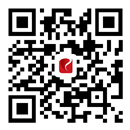 【 Mobile Website 】
【 Mobile Website 】
Tel: 400-8067-299
- Service Hotline 400-8067-299
- Service Mailbox right@ritcl.com
- Pre-sales Advice 189 2107 0677
 Follow Right
Follow Right

